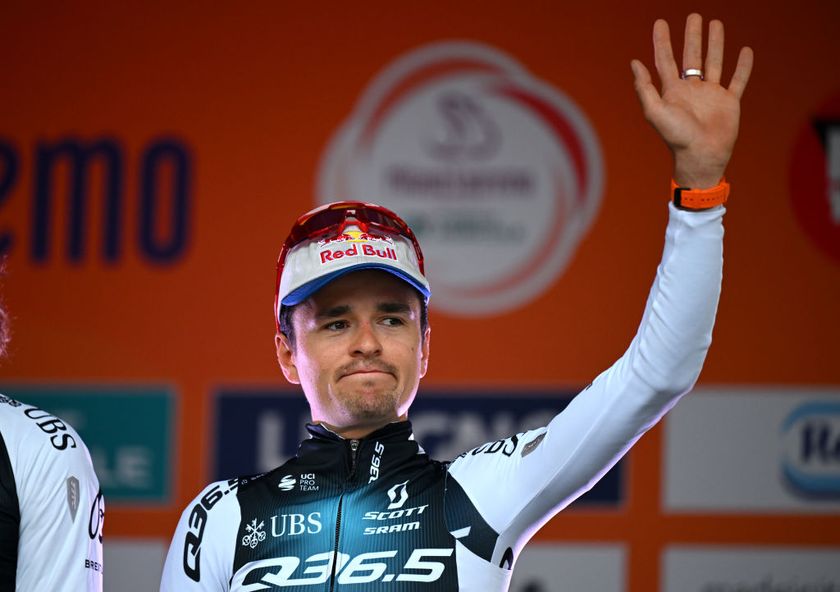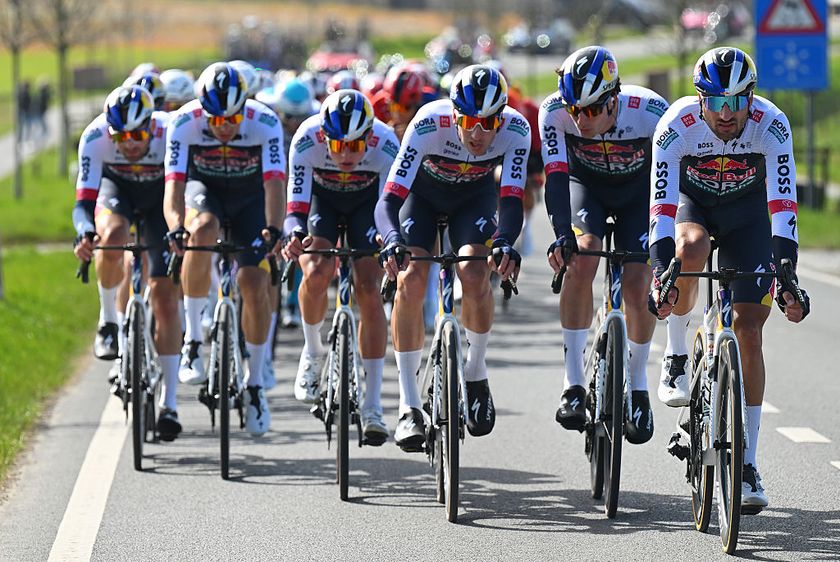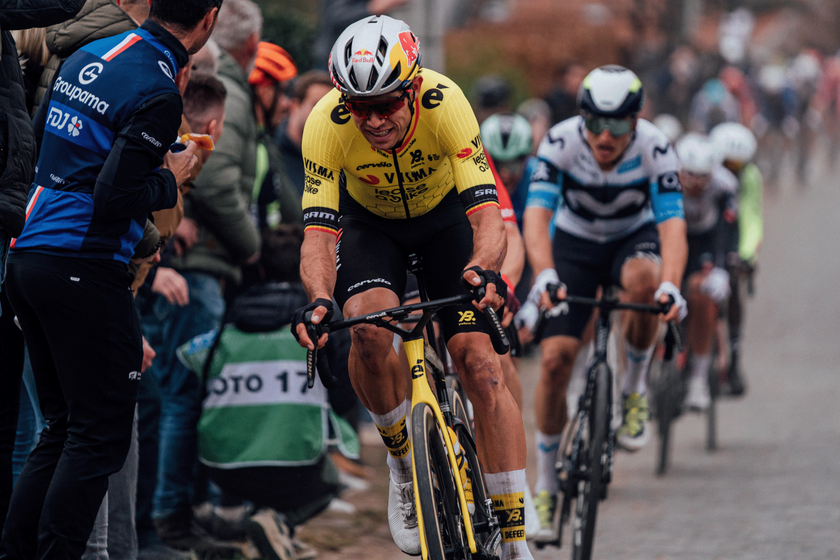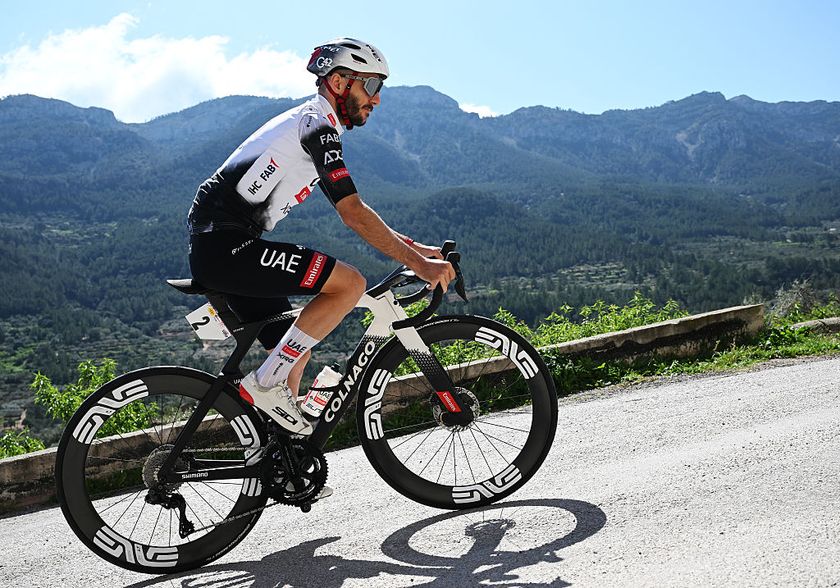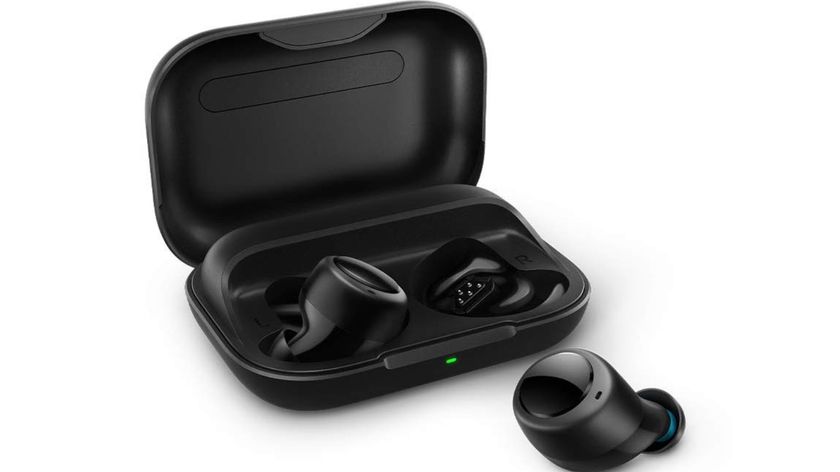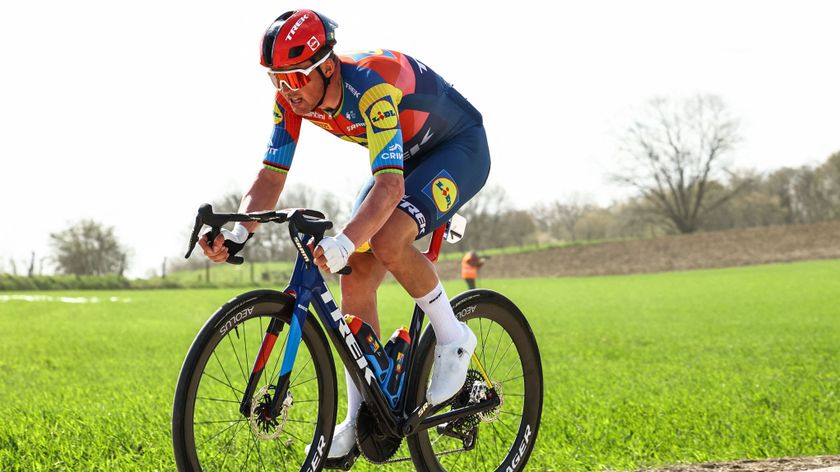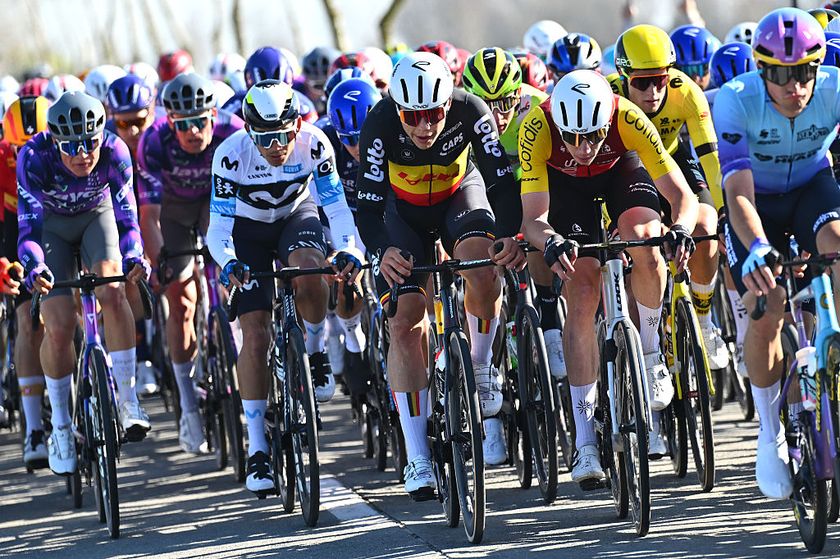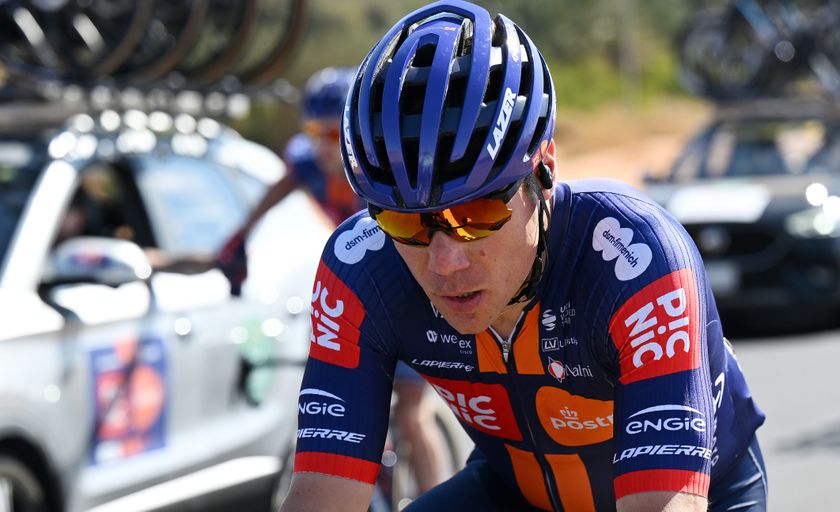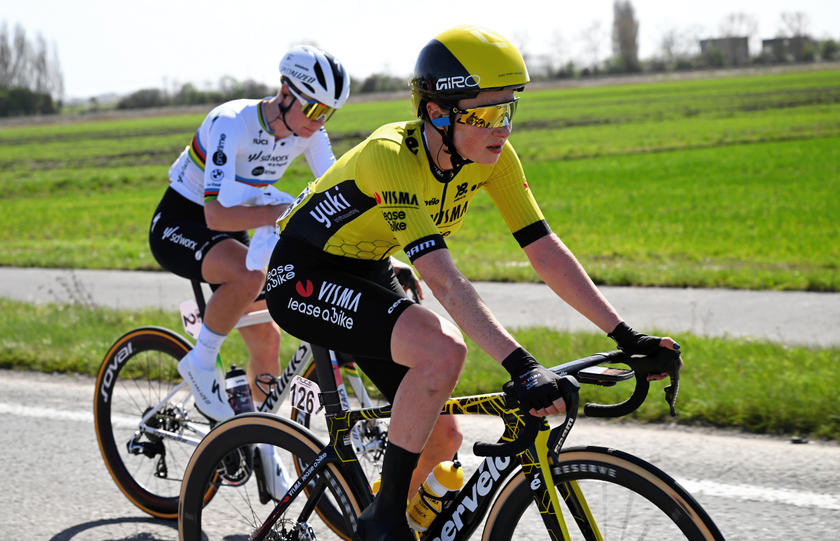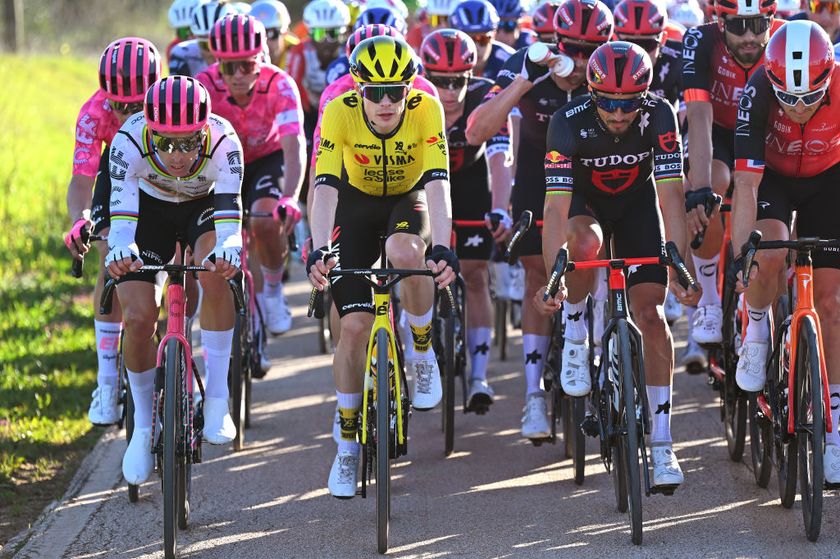Tour de France: Froome and Quintana square up for final rounds in the Alps
Colombian in familiar position in Froome-Quintana III





And so to the Alps. When the Tour de France route was unveiled last October, Christian Prudhomme's great hope was that the spoils would only be decided in the four arduous stages between the rest day and Paris, a grandstand finish of the kind that, in truth, has rarely been seen over the years at this race.
Tour de France: Quintana slips down GC after challenging time trial
Froome has the Tour de France sewn up, says Sean Yates
Tour de France: Mollema ready to exploit any weaknesses in Froome
Froome: I'm on track to be at my best in the third week
Tour de France: Adam Yates in bonus territory as race hits third week
Tour de France: Movistar seek alliance with Astana to take on Froome
Instead, with Chris Froome seemingly impregnable atop the overall standings and his Team Sky guard swatting aside all-comers, it is difficult to shake off the sense that the race for yellow might already be run. Yet, there is a discernible sense of déjà vu, too, about the lie of the land as the Tour reaches its final rounds.
Bauke Mollema (Trek-Segafredo) lies in an impressive and deserved second place overall, but Nairo Quintana (Movistar), despite his subdued showing to date, remains the most realistic threat to Froome's pre-eminence for now. The prize fight topping the bill is still the third instalment of Froome versus Quintana. A year ago, after all, Quintana reached the same point in the Tour with roughly the same deficit (2:59) to Froome and broadly similar terrain (four days in the Alps) in which to make up the ground, and he came closer than even he might have anticipated to pulling off a remarkable heist.
Like in 2015, Quintana's deficit to Froome after two weeks can be broken into two main parts. On each occasion, there has been one, large chunk of time conceded on unfriendly terrain – the crosswinds on stage 2 a year ago, the Ardèche time trial this time around – and a smaller, but probably more deflating, loss on a set-piece summit finish – at La Pierre Saint-Martin last season and at Mont Ventoux here.
Certainly, it must have piqued Quintana's pride that his attack on Mont Ventoux was not pegged back by Froome in person but by his aide-de-camp Wout Poels, and for many climbers of the Colombian's reputation, that slight would have been an almost irreparable psychological blow.
But then Quintana suffered a similar indignity last year when he was caught and passed by Froome's lieutenant Richie Porte near the top of La Pierre Saint Martin, yet still had the resolve to come back and take the fight to Sky in the final days – albeit a mountain pass or two later than perhaps he ought to have done.
Throughout this Tour, Quintana has faced criticism for largely choosing to follow Froome rather than place him under direct pressure, but a dig on the Montée Laurent Jalabert in Mende aside, he scarcely probed the Sky man much more last year, seemingly preferring to wait until an opportunity presented itself late on, in the Alps.
Get The Leadout Newsletter
The latest race content, interviews, features, reviews and expert buying guides, direct to your inbox!
A diminished Quintana or a different Froome?
For all the similarities between Quintana's situation now and a year ago, is worth bearing in mind Heraclitus' maxim that a man cannot step into the same river twice: no two Tours are ever the same. It's hard to say if Quintana is in worse form than he was in 2015, but he has yet to give any evidence that he is any better, and that is surely a pre-requisite to toppling Froome.
There are other differences, too. In 2013 and 2015, Quintana had marked himself out as Froome's lone rival by this juncture, whereas for the time being, he is being outshone by Mollema, even in his own courtyard of the high mountains, while Adam Yates (Orica-BikeExchange) is third overall and riding with neither pressure nor fear. Indeed, there is even a school of thought that Alejandro Valverde has been the more impressive performer for Movistar in recent days, and he lies just 17 seconds behind Quintana in 5th, though the team's established hierarchy seems immovable.
It is also difficult to tell whether this year's vintage of Froome is better than that of 2013 or 2015, but he certainly seems different. Rather than the shock and awe of La Pierre Saint-Martin or Ax 3 Domaines, his advantage has been accrued more incrementally, and in some unexpected places. Like Quintana, Froome also maintains that he has tailored his preparation in order to be fresher than normal in the final days, in bid to avoid the late struggles that almost caught him out on previous occasions.
"At the start of the race, I said my personal ambition is to be at my best in the last week and I think I'm on track for that," said Froome. "I wouldn't say the best is yet to come but I certainly feel as if I'm not like I was in the previous two editions – hanging on in the third week."
Sky manager Dave Brailsford, meanwhile, hinted that his team's tactical approach to the final week might be different to their previous victorious Tours, and it won't have escaped his attention either that Froome ought to add at least a little more to his buffer in Thursday's mountain time trial to Megeve.
"When you get to a certain point in the race there's a risk-reward element and while you can attack, the potential reward might not be worth it, so that's why normally we defend a lead like in football," Brailsford said. "In this particular race, however, the offensive approach that the team and Chris in particular have taken has paid dividends. So if there is an opportunity to go on the attack and make a difference, I'm pretty sure we'll take it."
Four-day week
The four-day finale in the Alps begins in Switzerland with Wednesday's tough trek to Finhaut-Emosson. Curious things can happen on the first stage after a rest day, and the brutal finale will punish anyone who fails to hit the ground running when the action resumes. Some 23 of the final 30 kilometres are uphill, as the Tour faces a vicious two-part finale, with the category 1 Col de la Forclaz (13km at 7.9%) followed quickly by the hors catégorie ascent to Finhaut-Emosson (10.4km at 8.4%).
A mountain time trial follows on stage 18, though not in the conventional sense. The 17-kilometre test from Sallanches to Megève includes the steep Côte de Domancy (2.5km at 9.4%), where Bernard Hinault soared to Worlds victory in 1980, but climbs in shallower instalments thereafter to the Côte des Chozeaux, before the short drop to the finish. In theory, it ought to suit a time triallist like Froome far more than a climber like Quintana.
For the final two days in the Alps, ASO have charted what they hope will be two miniature epics, each 146 kilometres in length and not altogether unlike the legs to Alpe d'Huez in 2011 and 2015. First up is stage 19 over the Forclaz and hors catégorie Montée de Bizanne, ahead of the final haul to Saint Gervais-Mont Blanc (9.8km at 8%). The last chance for Quintana to turn this Tour around again comes on the penultimate day, from Megève to Morzine by way of the Colombière, Col de la Ramaz and Col de Joux Plane – and its vicious descent.
It was perhaps instructive that on Tuesday's rest day, Brailsford and Movistar manager Eusebio Unzue each plumped for different stages when asked to select the key stage from the Tour's finale. Brailsford opted for the Megève time trial – "For sure there'll be time lost and gained in the time trial," he said – while Unzue is of the opinion that the Morzine stage will be decisive. "By that point, all the accumulated fatigue will be in everyone's legs," he said.
And that, it seems, is Movistar and Quintana's main hope as the Tour reaches its endgame. Sky's startling collective superiority has helped Froome to a handsome lead on the scorecard thus far, but as long as Quintana remains on his feet, the terrain still offers him a swinger's chance of producing a knock-out blow.

Barry Ryan was Head of Features at Cyclingnews. He has covered professional cycling since 2010, reporting from the Tour de France, Giro d’Italia and events from Argentina to Japan. His writing has appeared in The Independent, Procycling and Cycling Plus. He is the author of The Ascent: Sean Kelly, Stephen Roche and the Rise of Irish Cycling’s Golden Generation, published by Gill Books.
